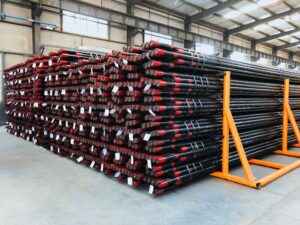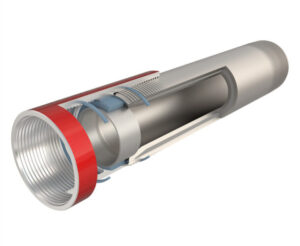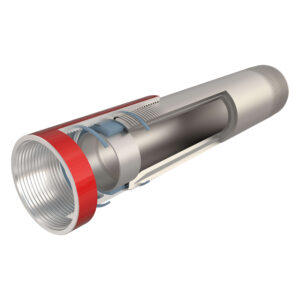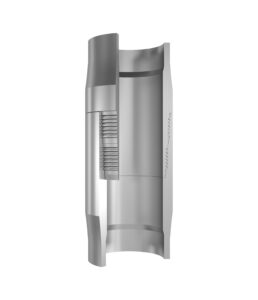What is Vacuum Thermal Insulation?
Vacuum thermal insulation is a highly efficient insulation technology designed to minimize heat transfer. It is commonly utilized in high-vacuum insulated oil tubing, which is specifically engineered for heavy oil thermal recovery and geothermal well development. This type of insulation involves a gas-tight enclosure surrounding a rigid core, with the air removed from the core to create a vacuum. This process significantly reduces heat transfer through conduction, convection, and radiation, making it an ideal solution for applications requiring consistent high temperatures and energy efficiency.
Related Information
People Also Ask:
Is a vacuum a good thermal insulator?
A vacuum is almost entirely devoid of molecules, which prevents heat transfer through conduction, making it an excellent thermal insulator.
What is vacuum thermal insulation?
Vacuum thermal insulation involves removing air from an enclosure around a rigid core, forming a thermal barrier that reduces heat loss or gain.
What are the disadvantages of vacuum insulation panels?
Vacuum insulated panels (VIPs) tend to be expensive, and their irregular shape can complicate installation. Additionally, they are heavier than traditional insulation materials.
How long do vacuum insulated panels last?
VIPs can last up to 50 years, offering long-term durability and improved energy efficiency by reducing power consumption.
Related Searches:
- Vacuum thermal insulation panels
- Vacuum insulation for geothermal wells
- Vacuum insulation in heavy oil thermal recovery









